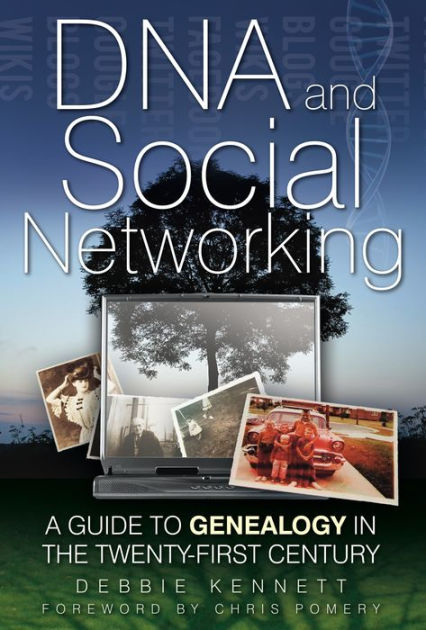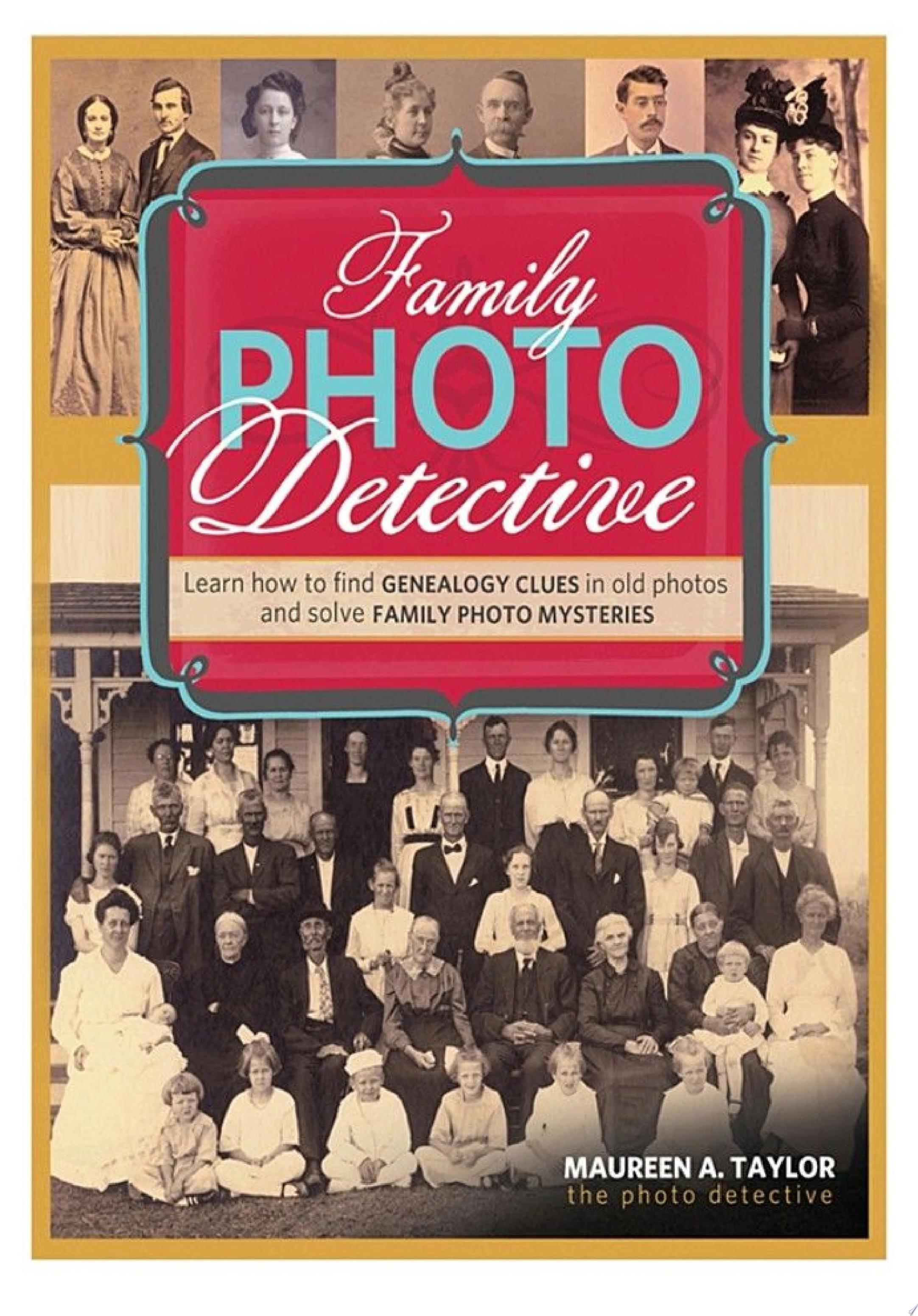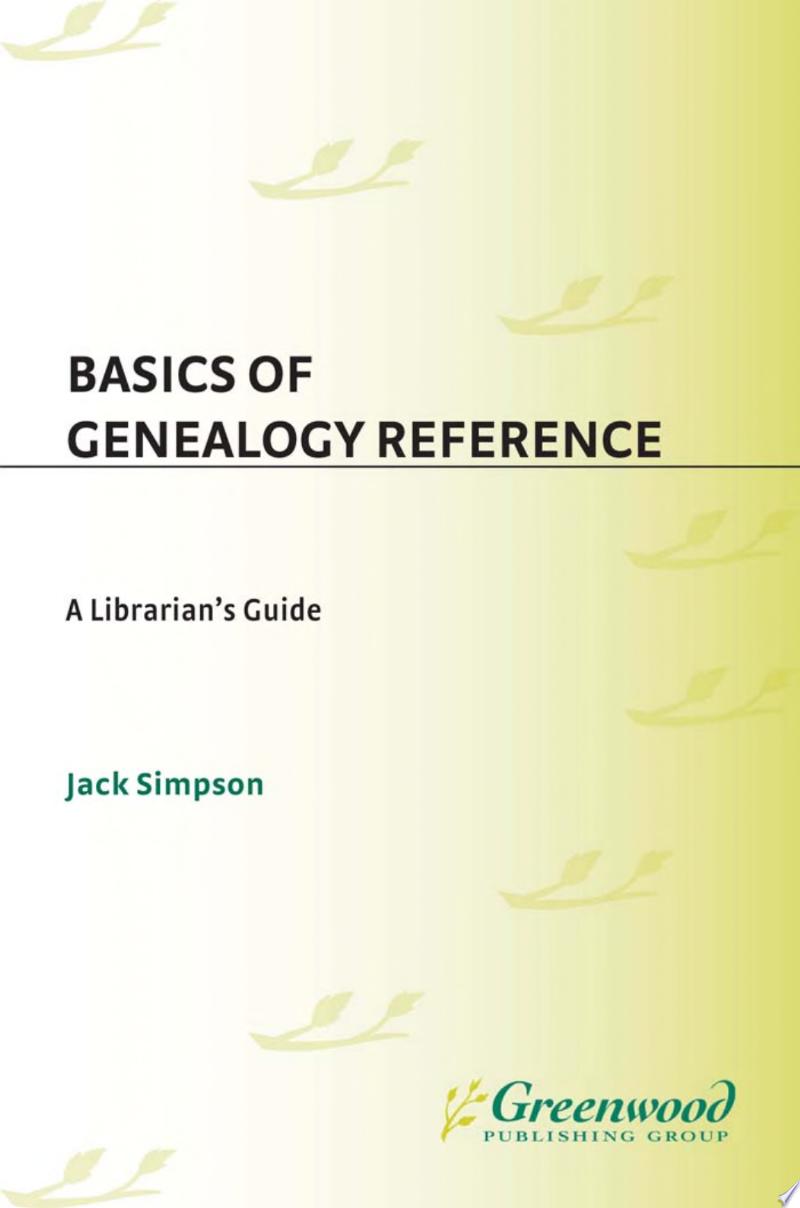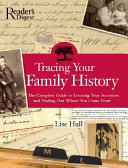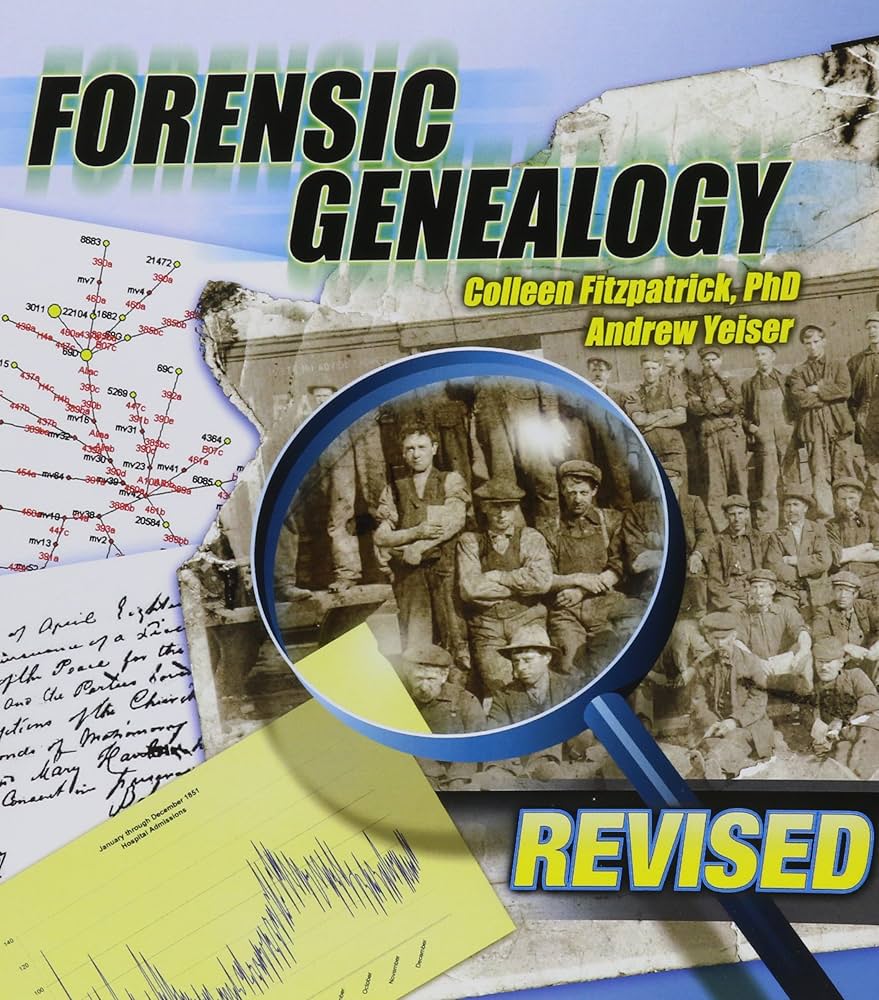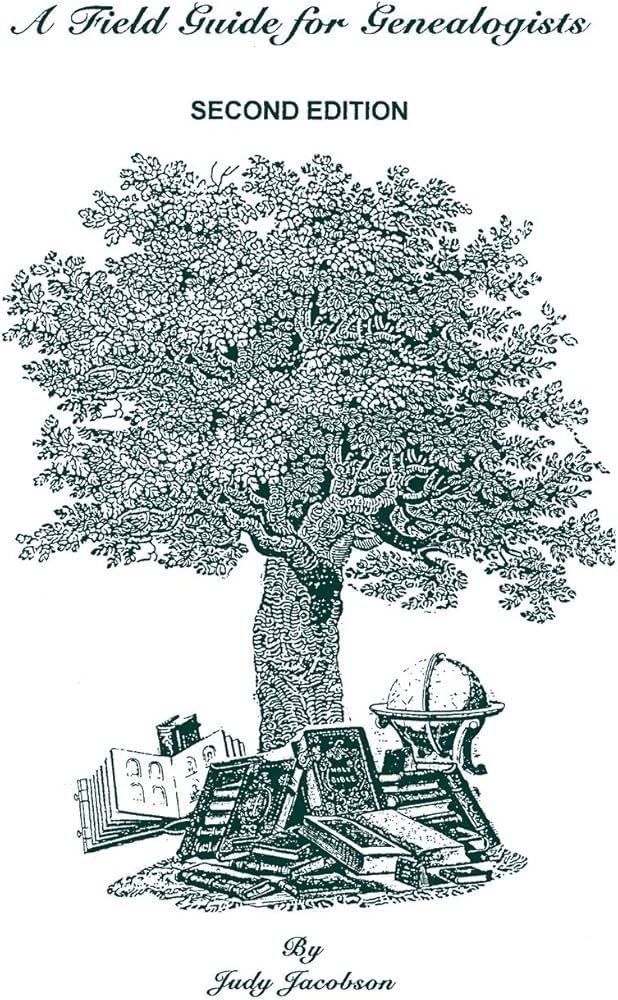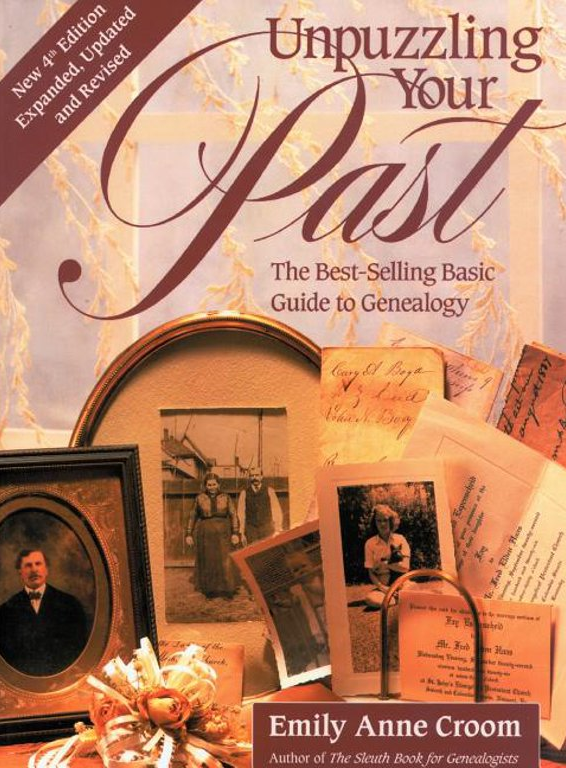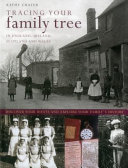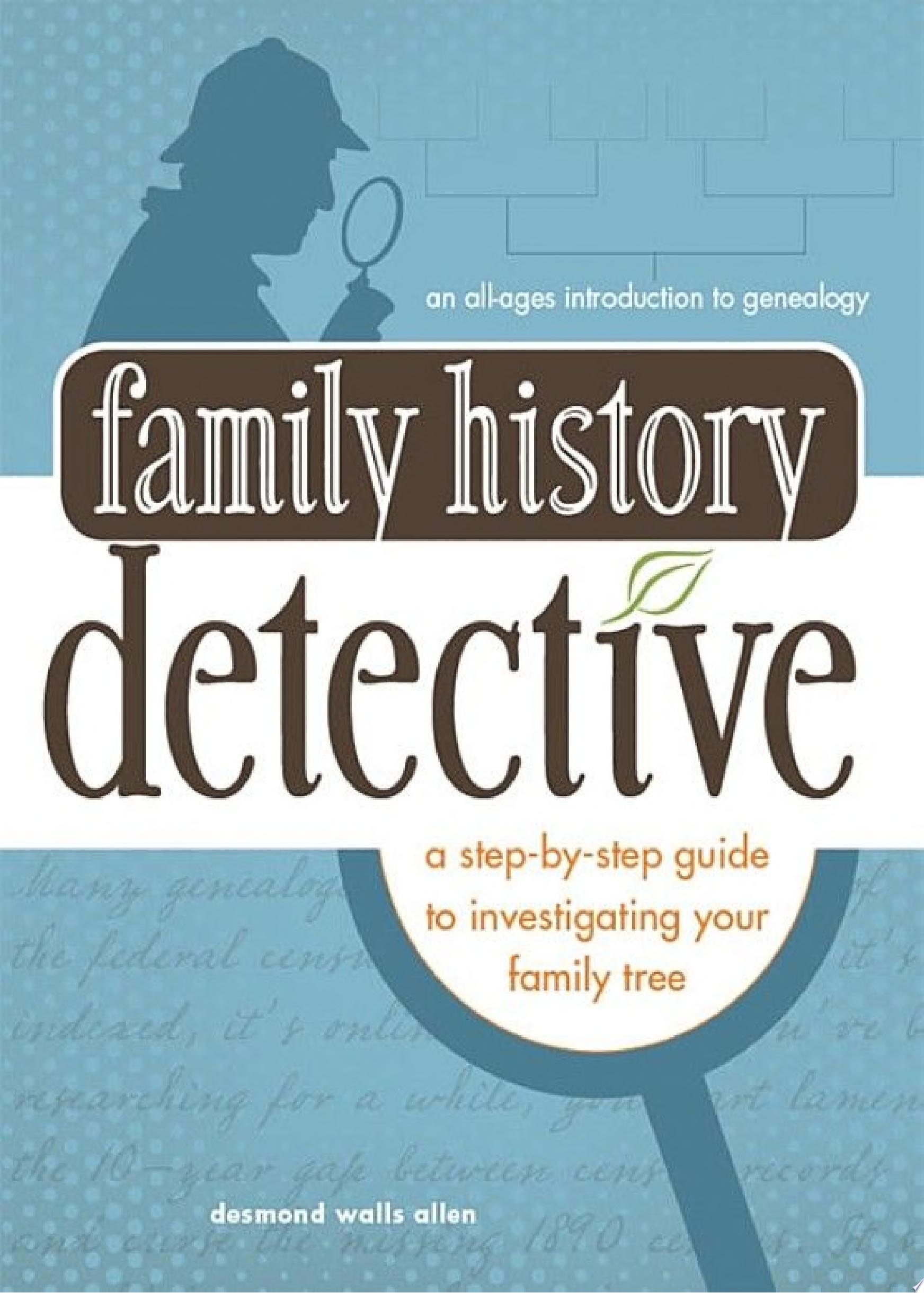DNA and Social Networking
Debbie Kennett
The first decade of the new millennium has been an exciting time for the family historian. The increasing availability of online resources has transformed the genealogical research process. DNA testing and the new generation of social networking websites have developed in parallel and are becoming increasingly useful tools. DNA testing can now be used to prove or disprove genealogical connections and will put you in touch with your genetic cousins around the world. It can also take you back beyond the paper trail into your pre-surname history. Social networking tools can help you to find and stay in touch with friends and relatives, and provide new ways to share and collaborate with other researchers. This book looks at all the latest advances in DNA testing from the Y-chromosome tests used in surname projects through to the latest autosomal DNA tests. Debbie Kennett explores the use of new social media, including Facebook, Twitter, blogs and wikis, along with more traditional networking methods. DNA and Social Networking is an indispensable guide to the use of twenty-first-century technology in family history research.
